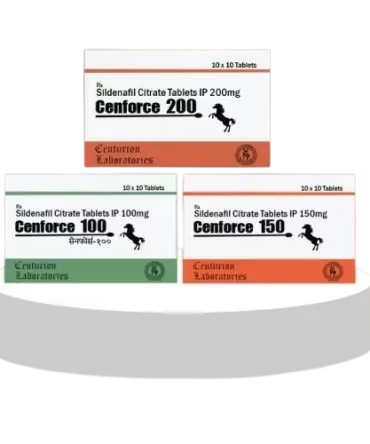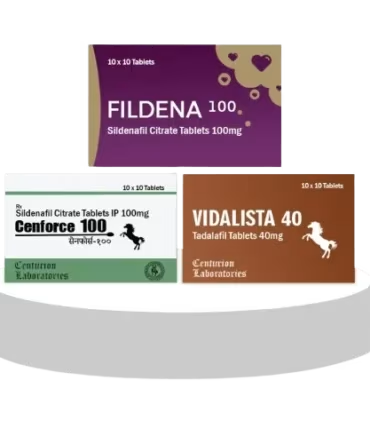Indications
Betnesol is a corticosteroid medication used for the short-term management of various inflammatory and allergic conditions. It is commonly prescribed for:
- Allergic Reactions: Severe allergic responses that do not respond to other treatments.
- Dermatologic Disorders: Conditions like eczema, psoriasis, and dermatitis.
- Rheumatic Disorders: Such as rheumatoid arthritis and systemic lupus erythematosus.
- Endocrine Disorders: Including adrenal insufficiency.
- Gastrointestinal Diseases: Conditions like Crohn’s disease and ulcerative colitis.
- Hematologic Disorders: Such as certain types of anemia.
- Ophthalmic Diseases: Inflammation of the eyes.
- Renal Diseases: Conditions affecting the kidneys.
- Neurological Disorders: Including multiple sclerosis flare-ups.
Mechanism of Action
Betnesol contains betamethasone dipropionate, a synthetic corticosteroid that works by:
- Reducing Inflammation: Inhibits the release of substances in the body that cause inflammation.
- Suppressing the Immune System: Decreases the activity of the immune system to prevent inflammation.
- Modulating Gene Expression: Affects the transcription of certain genes involved in inflammation and immune response.
Dosage and Administration
Typical Dosage
1 mg to 2 mg per day, depending on the severity of the condition.
Administration
Taken orally, usually once daily or as directed by a healthcare provider.
Duration
Treatment duration is typically short-term to minimize potential side effects.
Adjustment
Dosage may be adjusted based on individual response and specific medical conditions.
Side Effects
Common side effects of Betnesol may include:
- Gastrointestinal: Indigestion, nausea, or vomiting.
- Central Nervous System: Mood changes, insomnia, or headache.
- Metabolic: Increased appetite, weight gain, or fluid retention.
- Dermatologic: Acne, thinning skin, or delayed wound healing.
- Endocrine: Suppression of adrenal gland function with prolonged use.
Serious side effects are rare but may include:
- Cardiovascular: High blood pressure or heart rhythm disturbances.
- Ophthalmic: Increased intraocular pressure or cataract formation.
- Infection: Increased susceptibility to infections.
Note: Patients should consult their healthcare provider if any adverse effects occur.
Precautions and Contraindications
Betnesol should be used with caution in individuals with:
- Infections: Active or latent infections, as corticosteroids can suppress the immune system.
- Gastrointestinal Disorders: History of peptic ulcers or diverticulitis.
- Cardiovascular Conditions: Hypertension or congestive heart failure.
- Endocrine Disorders: Diabetes mellitus or thyroid disorders.
- Psychiatric Conditions: History of mental health issues, as corticosteroids can affect mood and behavior.
It is contraindicated in patients with known hypersensitivity to betamethasone or any component of the formulation.
Storage Instructions
Temperature
Store at room temperature, away from direct light and moisture.
Container
Keep the container tightly closed to protect from contamination.
Disposal
Dispose of expired or unused medication properly, following local regulations. Always consult with a healthcare provider to determine the most appropriate treatment based on individual medical needs.






Reviews
There are no reviews yet.